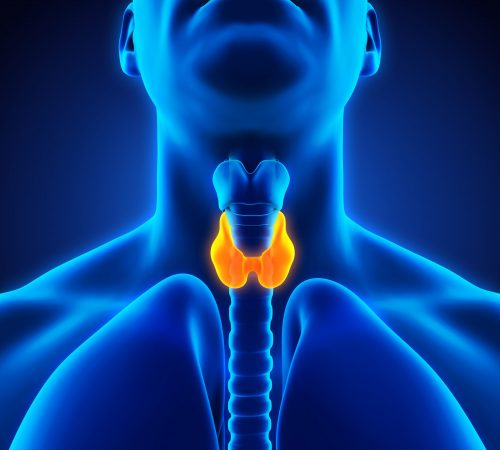Love Your Liver!
Watching BBC news yesterday evening, it was announced that there are no safe drinking levels and that any amount of alcohol can raise your risk of cancer. What wonderful news!
So, how should we interpret this news?
Alcohol can certainly have serious effects on your health. With January being ‘Love Your Liver’ month, it should be highlighted that excess alcohol consumption, whether it be on a regular basis or in binges, is a very real and dangerous health concern.
Is anything safe?
There are risks and benefits to everything we do, absolutely everything. The human race is rather strange, instead of seeking harmony which we know is good for us, we often choose excess, but is that not what makes life fun? Therefore, handing out sensible drinking advice seems to go straight in one ear and out of the other.
The average person assumes that if they are advised they can drink up to 14 units and it be safe, then having a little more is also safe, surely government guidelines err on the side of caution? The power of denial is strong in all of us; lacking self-awareness is a real problem and often we need to hit rock bottom before the light goes on in our heads. Unfortunately, this is sometimes a little too late in order to reverse the detrimental effects that might already have occurred. It’s not long after that, the occasional slip turns into a regular slip, and there is a very fine line between want and need, under control and out of control.
Alcohol clouds your judgement and is in part one of the reasons why we drink alcohol. It is a legal way to chemically alter one’s perception for a finite time, but a finite time can become an infinite time all too quickly. The lines are grey, essentially because your judgement is becoming more and more clouded, you develop a physical as well as psychological addiction.
So, how much can you drink?
The recommended alcohol limits for men and women are 14 units of alcohol a week which is approximately 6 pints of beer, 7 glasses of wine, 14 single shots of spirits.
If you do drink alcohol, it should be in moderation and you should aim for at least 2 alcohol free days a week.
The question should not be “how much can I drink?” because that displays a subconscious level of dependence.
Health benefits?
To bring balance to the argument, there are some health benefits from drinking some types of alcohol. There is some evidence suggesting that the polyphenols in dark red wine can help prevent some cancers, high blood pressure, diabetes and heart disease. Also, what’s wrong with the occasional alcoholic drink to help ease a little social anxiety or relax you after a hard days work? The problem comes when you rely on alcohol to achieve this; it’s an all too easy slippery slope to dependence.
Take home message…
Understand that any chemical you put in your mouth whether it be alcohol, food or medication (including over the counter), it all goes through your liver where it is either broken down to a usable chemical by your organs or detoxified to be excreted by your kidneys. It is involved in producing clotting proteins and other essential bodily functions. Look after your liver and be sensible. Check out www.loveyourliver.org.uk and live life to the fullest…
Images taken from BBC News Article: www.bbc.co.uk/news/uk-35255384 (8 January 2016)


